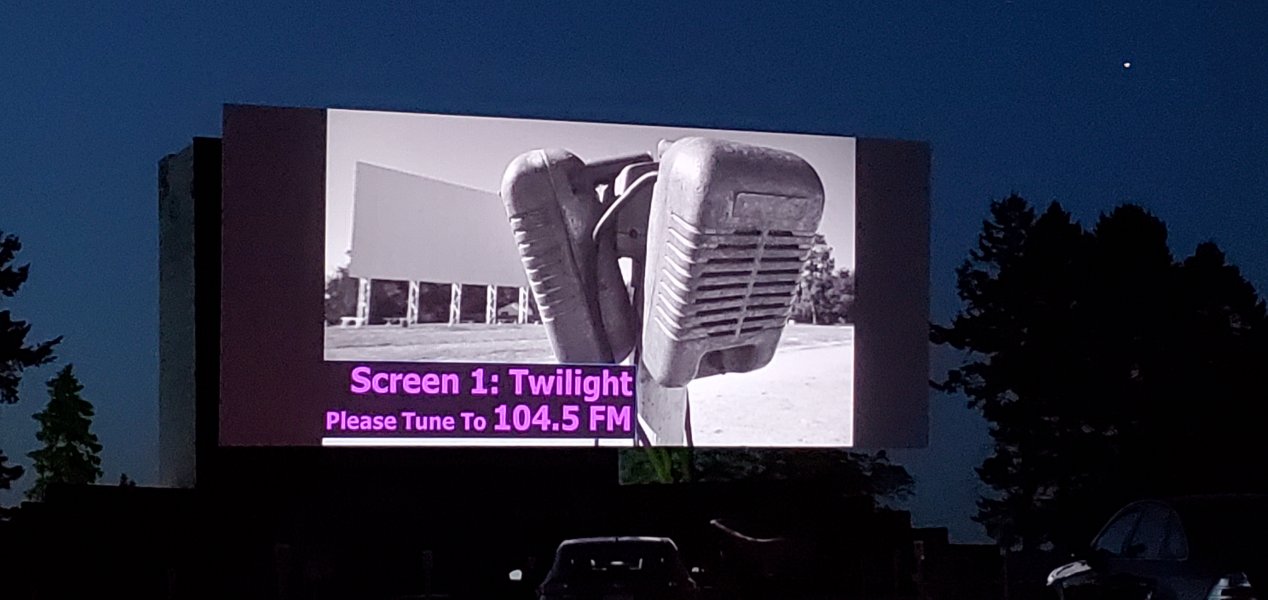Worf
I'll Lock Up
- Messages
- 5,249
- Location
- Troy, New York, USA
You escaped disruption by the "Gentleminions" trend? I'm keen to see this one (I liked all the DMs, and the first Minions spin-off was pop-culture genius), though I hope I don't end up being unable to hear it with a bunch of those kids in. (Sooner or later somebody will see the profit in having a specific screening where audience participation is encouraged, and then I suppose we'll see whether it really is an organic fan-cult with staying power, or more about kids enjoying causing disrupting an otherwise 'normal' cinema screening.)
Good post. In that we were literally at a 1.:30 matinee and attending several days AFTER the premiere, there was a small group on hand. The "Gentleminions" as you called them hooted and hollered during the previews but NOT during the actual film. If they were causing a ruckus I didn't hear them over the explosive soundtrack. The only disturbance to me personally was the pint sized kung fu artist who kept kicking the back of my chair. However being a father I was able to tune this out effectively. As I said, I had a great time. Despite the litter of mewling, crumb snatchin' exemptions scattered hither and yon.
Worf





